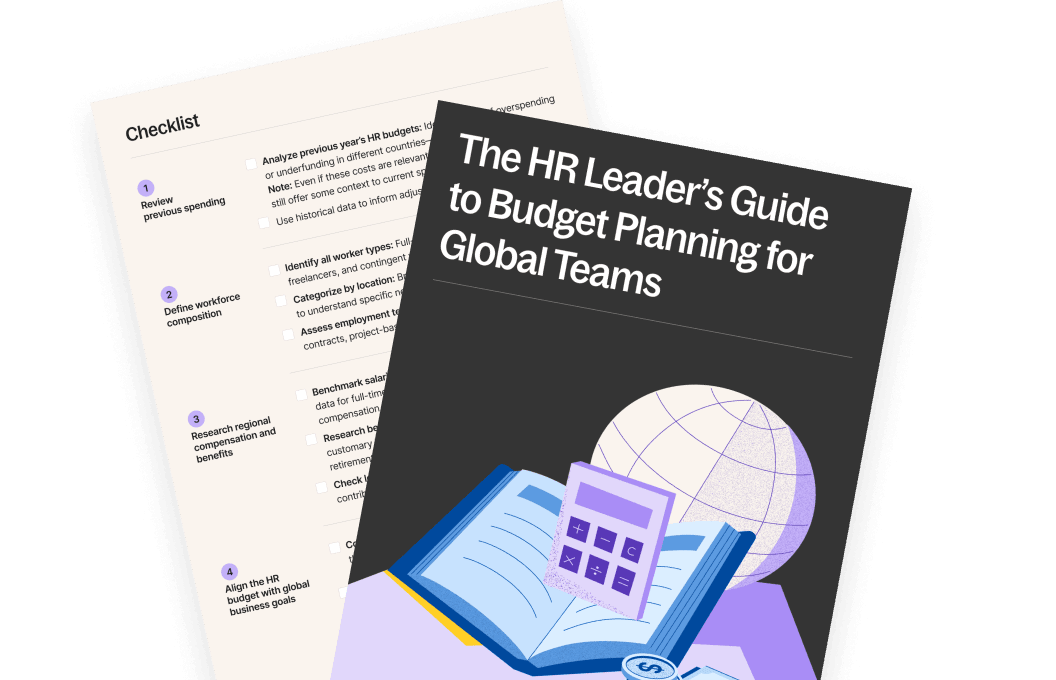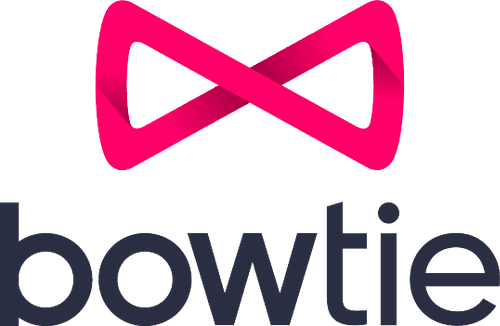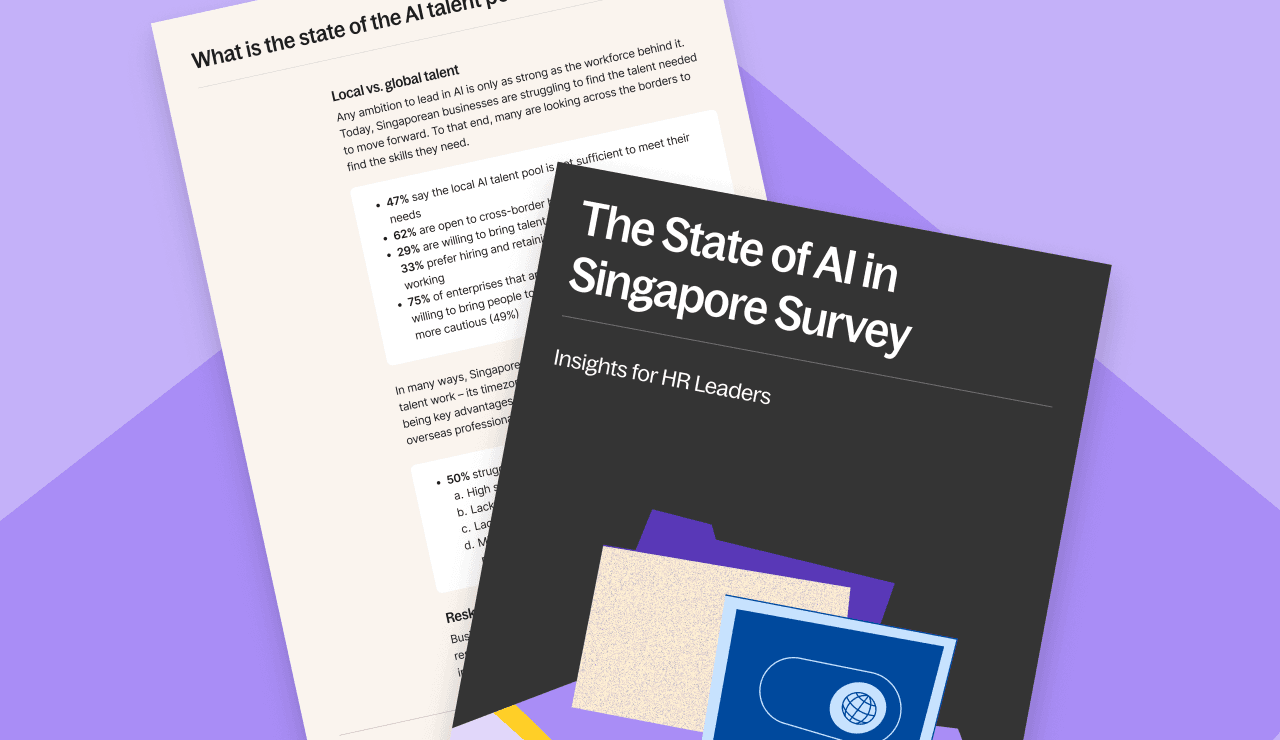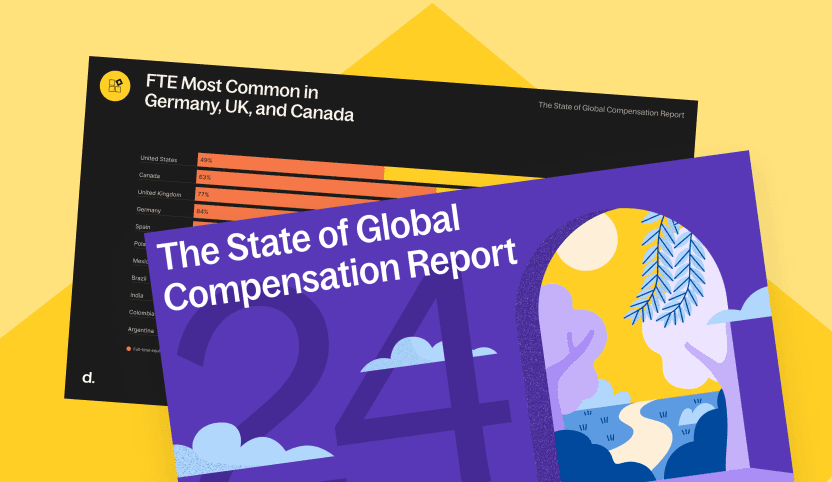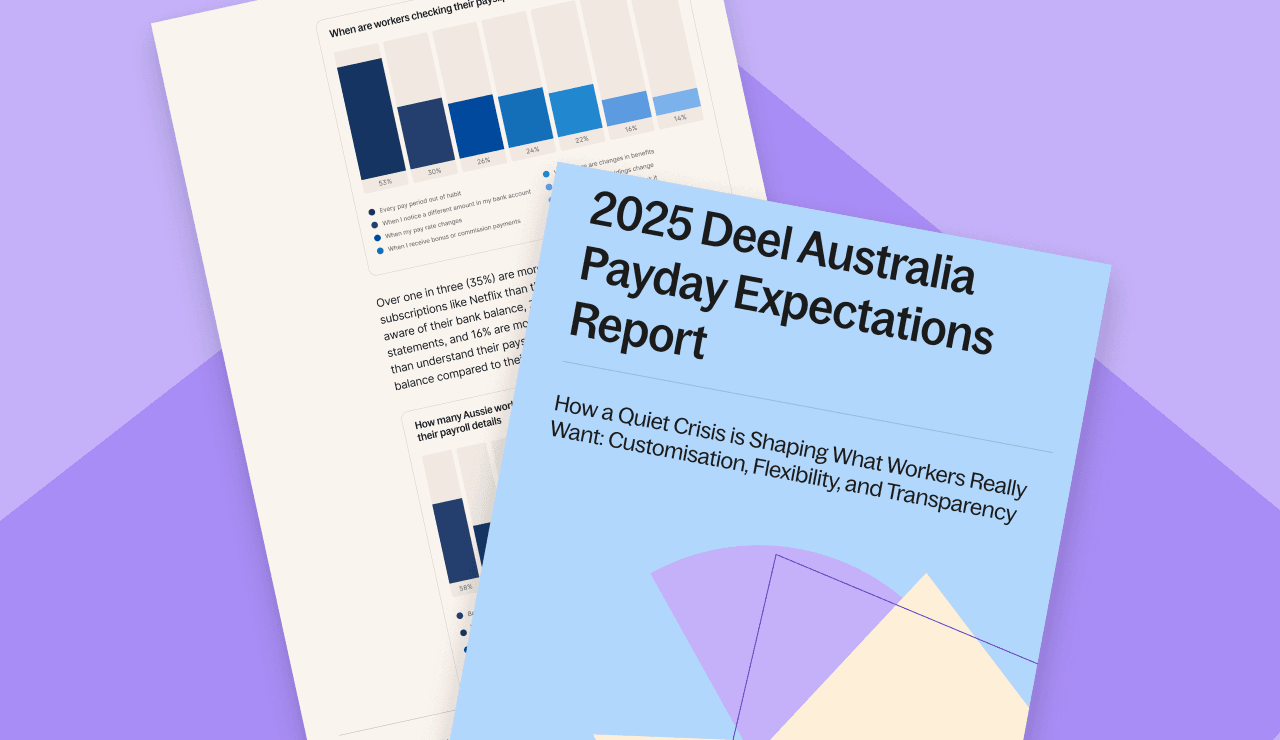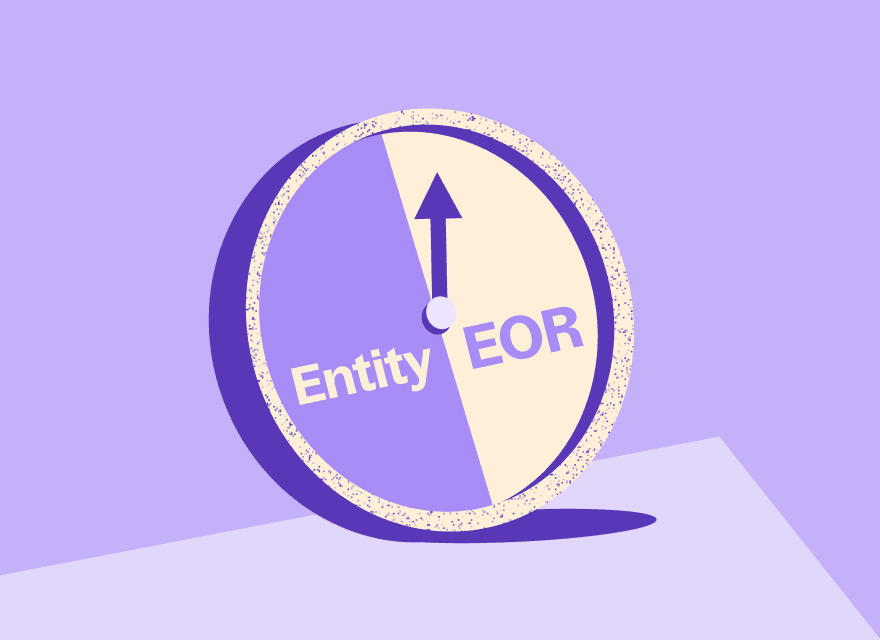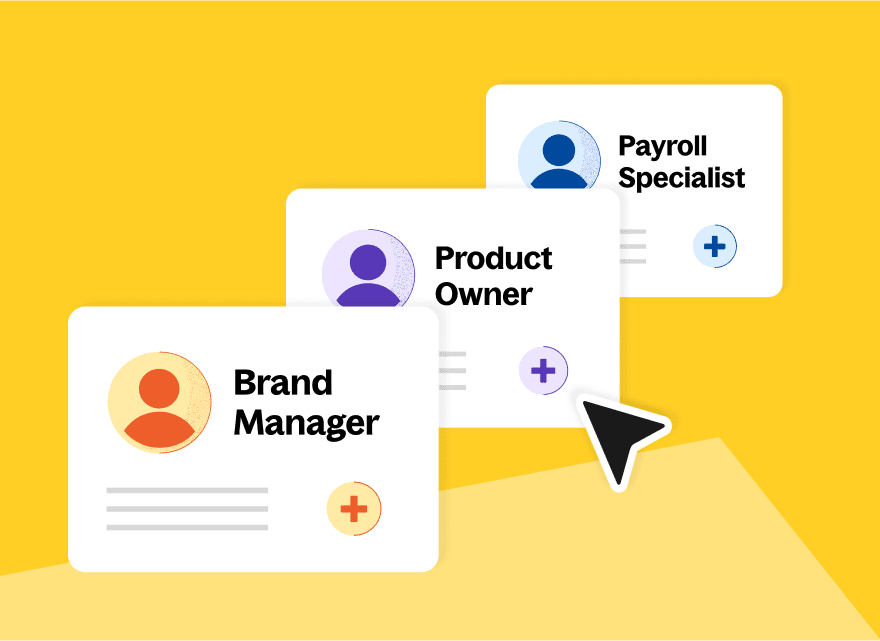Filter resources
Topics
13
164
53
17
73
176
46
120
3
80
158
474
183
5
207
233
3
7
102
106
219
Resources for
527
524
1031
77
222
17
207
370
Business size
717
1191
1219
Deel Resource Hub
Let us be your go-to for all things payroll, HR, and people management. Take a look at our helpful articles, guides, templates, tools and more.
Featured and trending
Browse by topic
Popular articles

Article
How One Payroll Manager Keeps Payroll Running Smoothly Across the US

Article
14 min read
Improve Global Teamwork with Erin Meyer’s Culture Map

Article
9 min
Nobody Gets Fired For Buying Deel IT

Article
How to Make a Business Case for HR Software Your C-Suite Will Say Yes to

Article
8 min read
H-1B Visa: Lottery-Based US Work Visa for Skilled Talent Explained

Article
7 min read
H-1B Visa Guide for Employers: Eligibility, Process & Tips
Popular customer stories
Popular resources

Template
Employee Onboarding Checklist Template

Template
Independent Contractor Agreement Template

Guide
Global Payroll Buyer's Guide: Features Checklist and Vendor Comparison

Guide
A Guide to the 3 Most Common Global Payroll Models

Guide
A Founder’s Guide to Building and Scaling a Global, Remote-First Company

Guide
A Guide to Running Payroll in Malaysia
Popular webinars

Webinar
How to Make Performance-Based Pay Work: The Systems Behind Fair and Motivating Comp

Webinar
Scaling Your Business Globally: Challenges, Strategies, and Opportunities

Webinar
How UK founders can hire internationally

Webinar
The ROI of Payroll Transformation: Lessons from Global Companies

Webinar
Dans les coulisses d’une paie multi-pays : le témoignage d’une experte

Webinar
Payroll globale connesso: efficienza, controllo ed espansione
Goodbye global hiring guesswork
From local salary insights to employer costs in every country, get all your international hiring questions answered with our extensive collection of global hiring resources.


